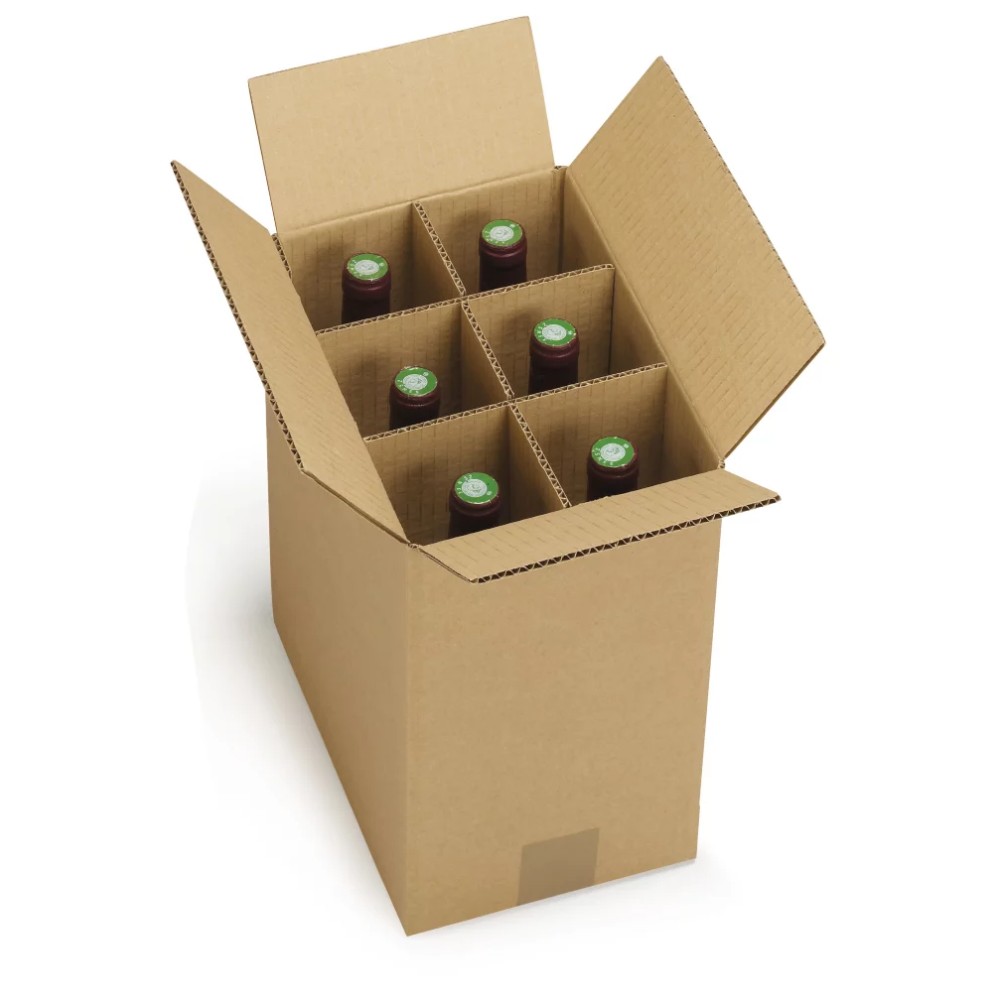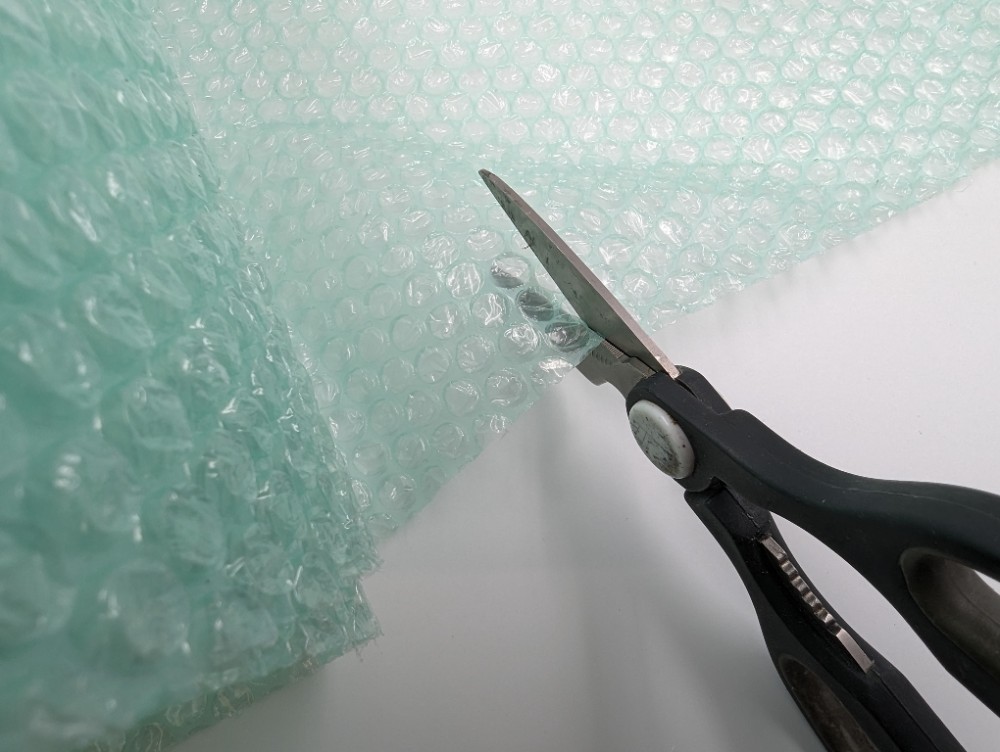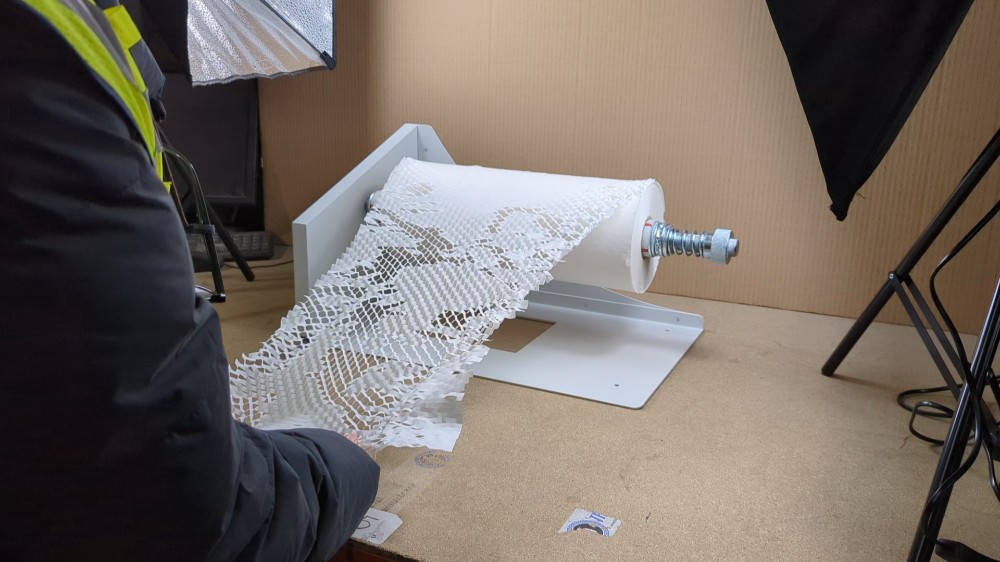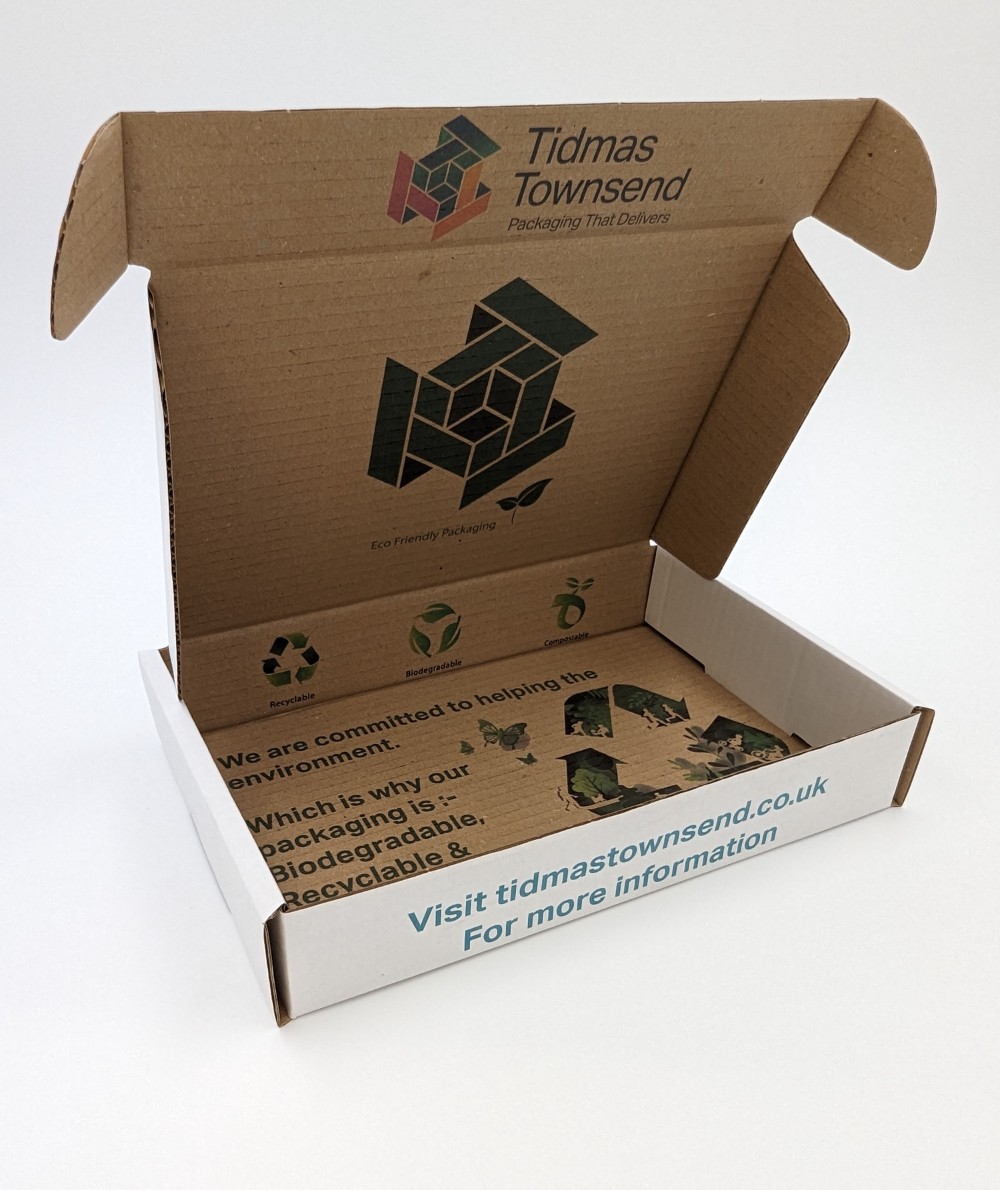Blog - How to Package a Bottle for Reliable, Safe and Efficient Shipping
30 May 2024

Whether it's fine wines, artisanal oils, or health supplements, ensuring that bottles arrive intact and unharmed is central to maintaining product integrity and customer satisfaction.
This is where using the right packaging is crucial. A securely packaged bottle not only preserves the product's quality but also enhances the overall shopping experience for the customer. This, in turn, preserves their trust in your brand for the future. Our experts can tell you more about how to package a bottle or even several where necessary, to ensure a safe and secure transit.
One of the primary considerations in bottle packaging is accommodating various sizes and shapes. From slender glass wine bottles to bulky plastic juice containers, each presents its own set of challenges in terms of packaging dimensions and protection needs. Packaging solutions must be tailored to accommodate these variations, ensuring a snug fit that minimises movement during transit.
Fragility
Bottles, particularly those made of glass, are fragile and susceptible to breakage if mishandled during shipping. Fragility adds an extra layer of complexity to packaging design, requiring robust protective measures to cushion the bottle and absorb any impact or pressure it may encounter in transit.
Material Composition
The material composition of the bottle itself also influences packaging requirements. Glass bottles, for example, demand more substantial protection to prevent breakage, whereas plastic bottles may require less padding but still need to be securely sealed to prevent leaks or spills.
Tidmas Townsend can offer you a range of postal packaging materials, as well as protective options and cardboard boxes, that are suitable for this.
Recycled Cardboard
Recycled cardboard is an excellent option for bottle packaging, offering both durability and sustainability. By opting for recycled cardboard boxes, e-commerce businesses can reduce their reliance on virgin materials and minimise their carbon footprint. Additionally, shredded cardboard provides excellent cushioning and protection for bottles during transit, helping to prevent breakage and damage.
Biodegradable Bubble Wrap
Traditional bubble wrap, while effective at cushioning fragile items, is not environmentally friendly and can contribute to plastic pollution. Biodegradable bubble wrap offers a sustainable alternative, providing the same level of protection for bottles while breaking down harmlessly in the environment.

Cushioning Methods
One of the key considerations in bottle packaging design is the selection of appropriate cushioning methods to protect against shocks and impacts during transit. For fragile bottles, cushioning materials such as recycled paper crumple zones or corrugated cardboard inserts can provide excellent protection while also being environmentally friendly. These materials also prevent bottles from shifting or colliding during transportation, reducing the risk of breakage.
Inner Packaging Inserts
In addition to cushioning materials, inner packaging inserts can also play a crucial role in protecting bottles during transit. Custom-designed inserts, such as moulded pulp trays or cardboard dividers, can securely hold individual bottles in place within the packaging, preventing movement and reducing the risk of damage.
We’d also advise that customers wrap bottles first, or use dividers that separate the bottles and prevent them from moving. We’d especially recommend our honeycomb wrap to wrap bottles. This presents very well, sticks to itself when wrapped, and stops bottles from colliding in the box.

Incorporating outer box reinforcement is another important consideration in packaging design for bottles. Reinforcing the outer box with additional layers of cardboard or using double-walled boxes can provide extra strength and stability, helping to protect bottles from crushing or puncture damage during transit.
- Package Contents: Clearly label the package with the contents, including the type and quantity of bottles inside. This information helps handlers identify the package's contents and handle it appropriately during transit.
- Handling Instructions: Include handling instructions such as "Fragile" or "Handle with Care" to alert handlers to the delicate nature of the package. Incorporate universally recognised symbols for fragile items to ensure clear communication across language barriers.
- Branding Elements: Use sustainable and eco-friendly materials for branding elements to align with environmental values. Incorporate visually appealing branding elements that reflect the company's values and resonate with customers. Consider customised branding options such as printed logos or branded tape to enhance brand visibility and recognition.
- Sustainability Messaging: Utilise labelling space to convey sustainability messaging, such as "Eco-Friendly Packaging" or "Recyclable Materials Used." Highlight the company's commitment to sustainability to appeal to environmentally conscious consumers.

Browse our postal packaging options, or protective packaging for more fragile items being shipped. Alternatively, you can contact us to have any questions answered.













